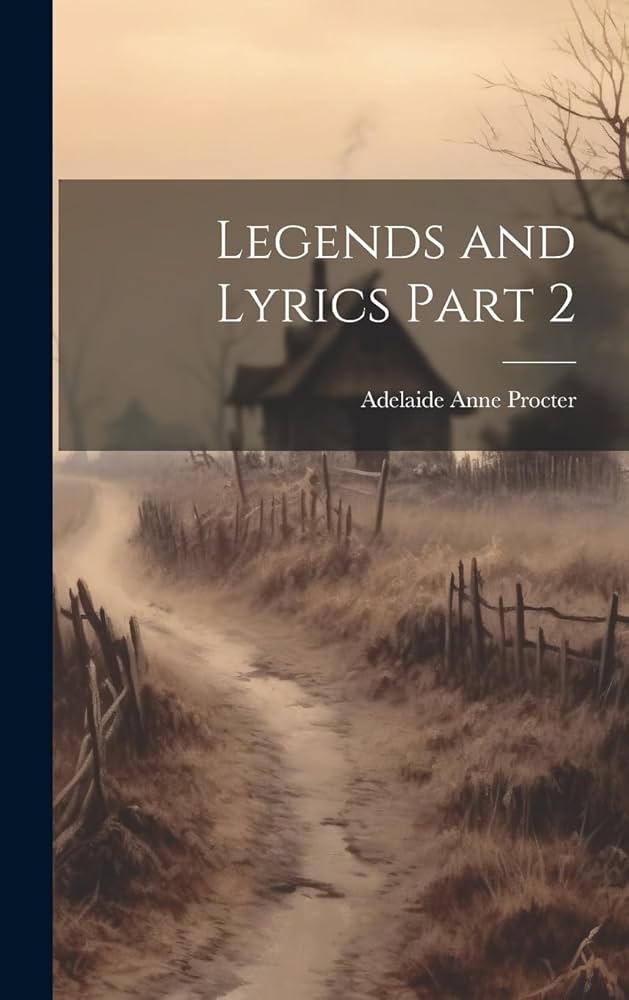VERSE: Beyond
byBeyond opens with a deliberate stripping away of the world’s temporary crowns—pride, status, intellect, wealth, and control. These may dazzle while we walk the earth, but their light fades swiftly in the presence of eternity. The poem does not rage against these constructs but gently reveals their inability to survive in the atmosphere of Heaven. There, nothing hollow can endure. Earthly accomplishments, impressive though they seem, are shadows when compared to the enduring flame of true love. It is love alone, purified through trials, that follows us into eternity—unchanged in essence, but made more radiant.
On earth, love begins not with glory, but with fragility. It weathers confusion, betrayal, and sorrow, pressing forward even when misunderstood. The poem refers to this painful refinement as a “bloody baptism,” a sacred struggle that prepares the soul for something greater. While lesser loves fall away under pressure, true love endures—not through ease, but through endurance. The speaker suggests that love is not hindered by death but carried through it, cleansed and magnified. When it reaches Heaven, it doesn’t vanish—it blossoms into what it was always meant to become, freed from ego and earthly limits.
The poem contrasts two kinds of love: the fleeting and the eternal. One is light as ash, easily scattered by change or time; the other is weighty with truth, its roots deep in spirit. The love that survives into the afterlife is not dramatic or loud—it is the kind quietly shaped by sacrifice, patience, and resilience. This love is not rewarded with comfort on earth, but with permanence beyond it. The speaker envisions Heaven not as an escape, but as a restoration—a place where love is not just remembered, but exalted. There, the connections formed through struggle and sincerity are honored fully, and the ache that once defined them is turned into joy.
What the poem asserts, with unwavering calm, is that love never truly ends. Even if the body decays, even if time stretches long between souls, love is preserved and sanctified in the divine. The idea that love could be forgotten or discarded after death is rejected entirely. The speaker calls such a thought not only wrong but impossible. Real love is not a flaw to be left behind; it is the essence of what Heaven celebrates. In this view, love is not a sentiment—it is the very soul’s life force, the “Life of Life.”
This conviction brings comfort to those who mourn or wait, suggesting that separation is not the end. It speaks to every soul that has loved deeply and feared loss. The message is clear: what matters most will not be lost in death, but fulfilled in eternity. Heaven does not erase love; it reveals its full potential. Love that once whispered through pain will sing in perfect clarity, unburdened and complete. The poem becomes not only a reflection but a promise, that every act of love will be remembered, every tear transformed, every longing met.
Even more striking is the poem’s understanding of how love must be tested to be true. It is not easy, nor should it be. The harshness of life does not prove love’s weakness, but rather its strength. It is in the quiet persistence, the continued giving, and the refusal to surrender that love is shaped into something worthy of Heaven. And when it reaches that place, it does not ask for recognition—it radiates on its own.
In the final lines, the speaker leaves us with the image of love rising beyond death, vibrant and whole. It does not wait as a memory but as a living force, stronger than grief and clearer than any earthly expression. Love, having endured the darkest hours, becomes light itself—capable of illuminating even the halls of eternity. This is not fantasy; it is a spiritual certainty carved with poetic grace. Beyond urges readers not just to hope, but to trust that the love they offer now will echo long after their voices fall silent. It will be seen again—not lost, but glorified.

